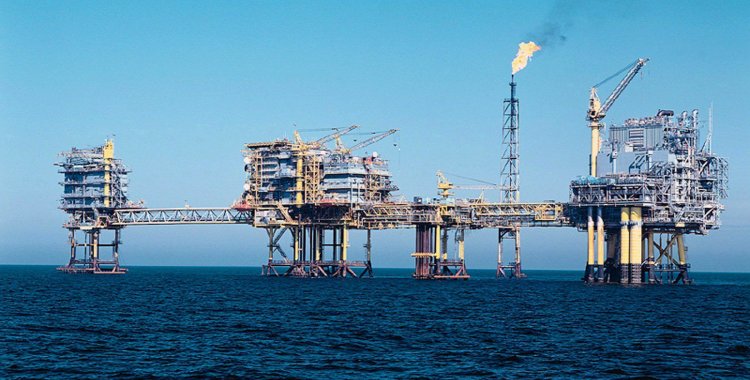The information was provided this Thursday by the Secretary of State for Planning, Milton Reis, when he was summarising the revised END 2018-2020.
According to the Governor, the executive will focus on the implementation of 70 of the 84 programmes previously planned in END 2018-2020, as well as developing 2570 projects of the 3433 previously planned.
Milton Reis stressed that the plan has been adapted to the current national and global macroeconomic situation, recalling that the world is experiencing the covid-19 pandemic, with a strong impact on the Angolan and global economy.
"This impact has also been accentuated with the fall in the price of oil, which affects our economy," he said.
The Secretary of State for Planning stressed that, given the availability of planned resources and the suitability of the 2018-2020 NDPs to the current situation, projects with financing guaranteed by internal and external credit lines, those with treasury financing, such as Eurobonds, Signature Bonuses, the Integrated Plan of Intervention of Municipalities (PIIM), among others, were prioritised.
The projects with financing under negotiation and the ongoing projects in the health, education and social action sectors, financed by ordinary Treasury resources, also deserved priority for implementation.
Within the scope of adequacy, attention was given to human development and welfare issues, with priority for 23 of the 27 programs initially planned, and to sustainable, diversified and inclusive economic development, with priority for 20 of the 24 programs initially planned.
For the national infrastructure for development axis, 10 of the 11 previously planned programmes were chosen, while for the issue of peace-building, strengthening the democratic state and the rule of law, good governance, state reform and decentralisation, priority was given to eight of the nine previously planned programmes.
Without any change, the axis of harmonious development of the territory remained the six programmes planned, while the axis of ensuring the stability and territorial integrity of the country and strengthening its role in the international and regional context was focused on three of the seven programmes initially planned.
Milton Reis stressed that for the biennium (2020-2022), the executive plans to boost Angola's socio-economic development, with four macro objectives, including ensuring that the real growth rate of non-oil Gross Domestic Product continues to be positive, promoting an average annual increase of around 2 percent.
Within the four macro objectives, the executive also plans to pursue the consolidation of public finances, with the goal of reaching the estimate of public debt over GDP by 88.2 percent for the year 2022, as well as improving the Human Capital Index indicators from year to year until 2022.







